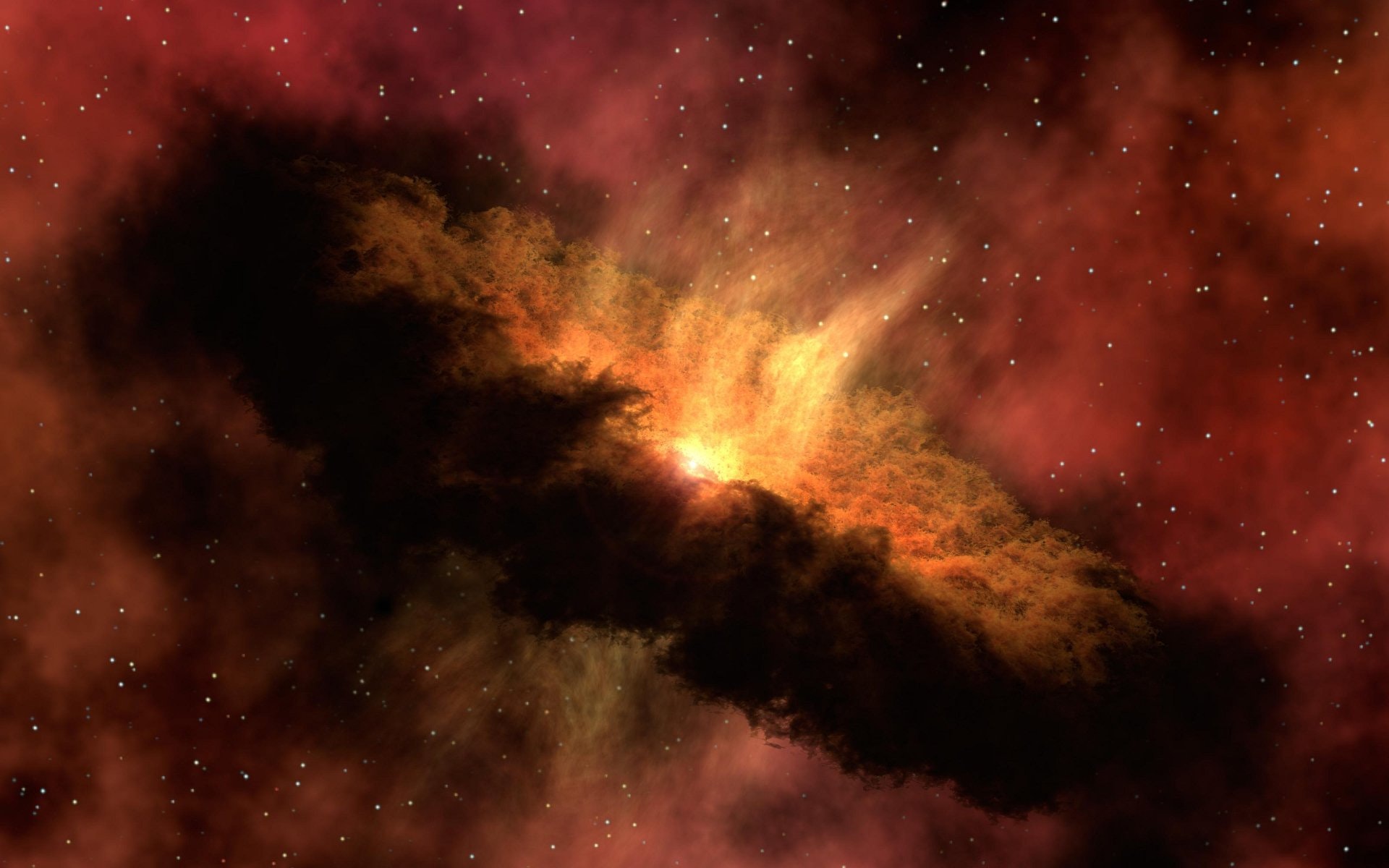- Science cannot demonstrate that God does not exist. Even Richard Dawkins, the flamboyant atheist from Oxford University, concedes this. If God is a non-physical Being, no empirical investigation can demonstrate that God’s existence is not possible.
- Science is not complete in itself; it cannot even justify the very presuppositions that are necessary to do science (like the assumptions that nature is uniform; that nature is rational; that nature is real; that the human mind and the physical senses are reliable). While these are arguably true, science, as science, cannot account for why they are true. However, these truths seem explainable by the existence of a rational Creator who made both the physical universe and humanity in His image.
- While science has accomplished amazing things, it has not come even close to answering some of some significant problems that humanity poses (e.g. How does the universe exist? How did life originate? Why is our place in the universe just right for advanced life? What is human consciousness? How do we have a universal sense of morality?) These questions, in fact, offer the basis for some of the strongest considerations for the existence of a personal Creator.
- Properly understood, God is not simply “filling the gaps” in our scientific knowledge as though we need God to cover our ignorance. God’s existence is a rational inference based on many considerations that we do know (e.g. nothing can come from nothing; information—as in DNA—requires intelligence).
For more on this issue, see the “Cosmology Room” and the “Biology Room” in our guided tour of a Christian house.





